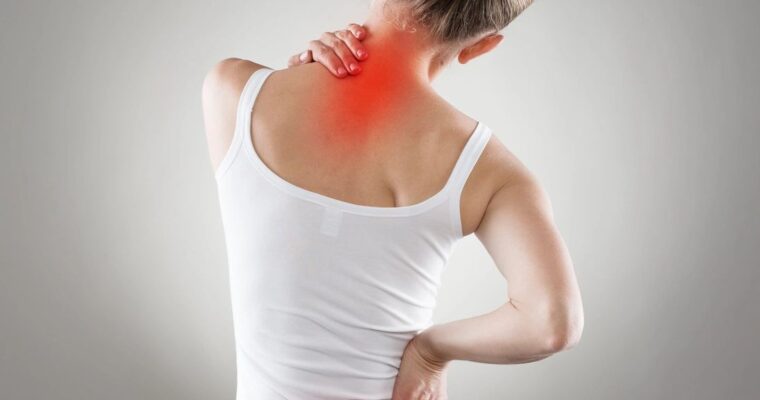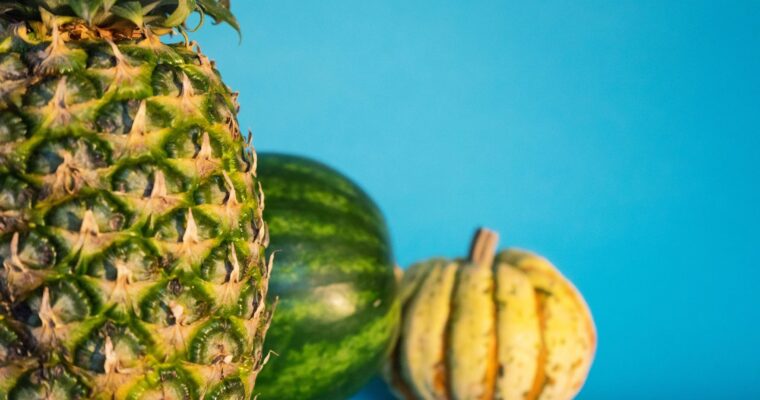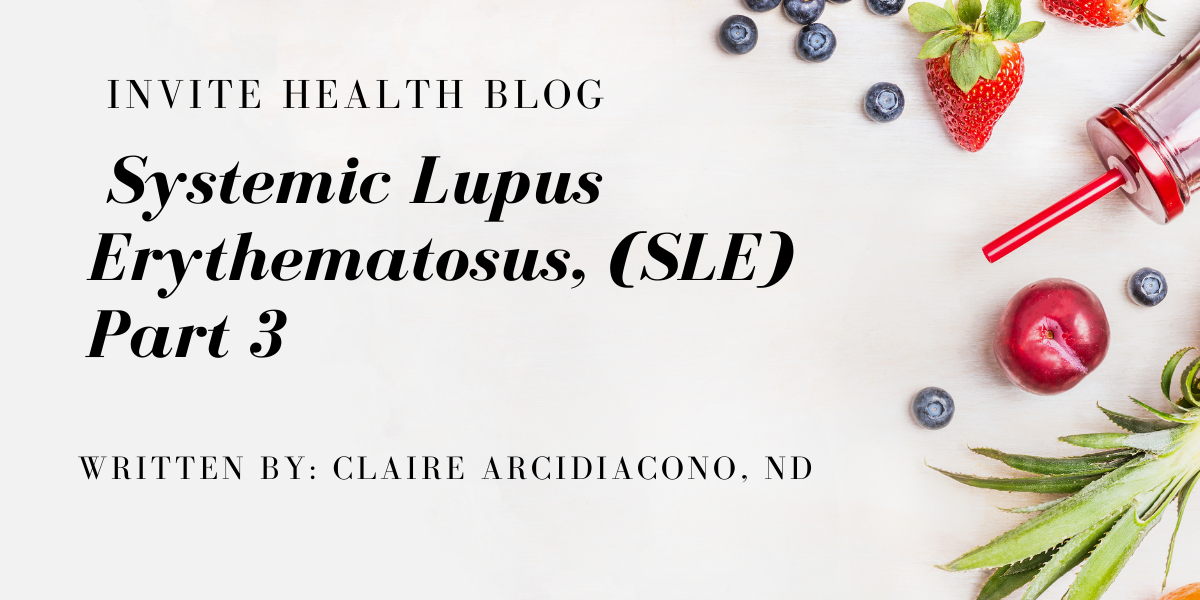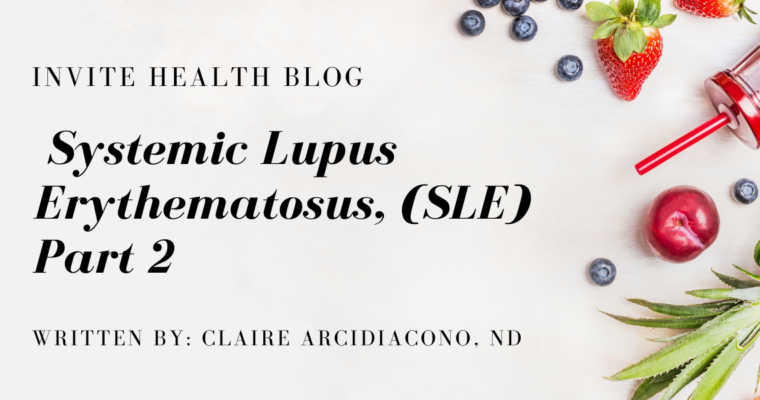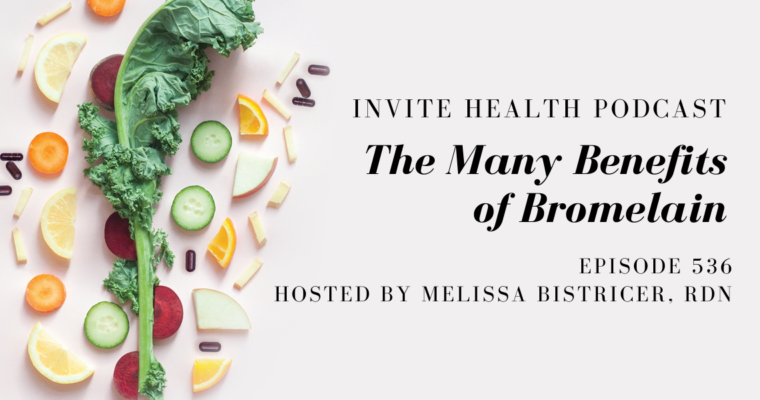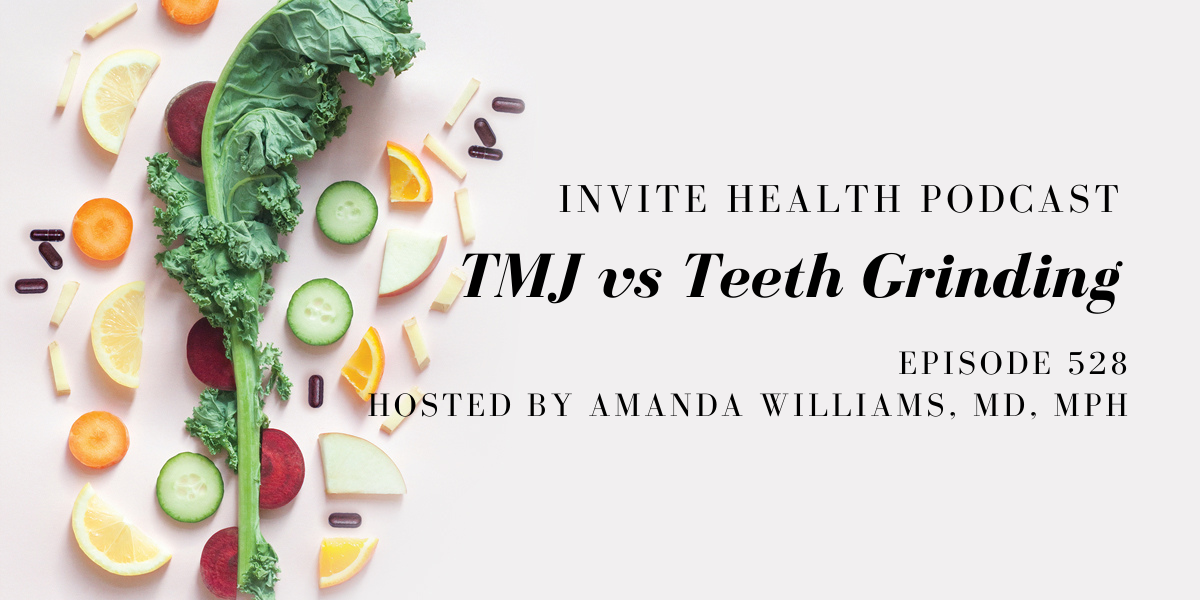TMJ
Subscribe Today!
Please see below for a complete transcript of this episode.
TMJ vs Teeth Grinding – InViteⓇ Health Podcast, Episode 528
Hosted by Amanda Williams, MPH
*Intro music*
InViteⓇ Health Podcast Intro: Welcome to the InViteⓇ Health Podcast, where our degreed healthcare professionals are excited to offer you the most important health and wellness information you need to make informed choices about your health. You can learn more about the products discussed in each of these episodes and all that InViteⓇ Health has to offer at www.invitehealth.com/podcast. First time customers can use promo code PODCAST at checkout for an additional 15% off your first purchase. Let’s get started!
*Intro music*
Amanda Williams, MPH: [00:00:40] Have you ever bit down on a piece of food so hard that you feel almost a shooting pain sensation go across your face? This is a common occurrence that can happen, but what’s even more common is when you look at the statistics for TMJ, and that’s what I want to talk about today, is what is TMJ? What is the difference between someone grinding their teeth at night and actually having TMJ? Because sometimes people get the two slightly confused and the two can be linked for sure. But I want to talk about the difference and what TMJ actually is and what you can be doing if you feel that you fall into this category, or perhaps you’ve been to your dentist and your dentist has diagnosed you with TMJ. So I’m Amanda Williams, MD, MPH. And when it comes to TMJ, this is a lot more common than we actually recognize. I always look at things in terms of prevalence rates and when you have anything that’s creeping over 2, 3% of the population, that’s a fairly common ailment. Now, when you look at the statistics, when it comes to TMJ, this number is really quite large. It’s estimated that upwards of 10%, if not even higher, of the population suffers from TMJ.† [00:02:04]
[00:02:05] So what is TMJ? Well, that is your temporomandibular joint, and some people have a diagnosis of what is known as temporomandibular joint or muscular disorder within that joint space. We know that this is more common in women than it is in men, and we can look at reasons for why women are more prone to experiencing TMJ disorders than men. And oftentimes we can look at things like birth control pills, so oral contraceptives and utilizing synthetic estrogens oftentimes can be linked to a inflammation within that joint space itself. And the way that dentists or doctors actually diagnose this can be very difficult because it’s very complicated. A lot of it comes down to the level of pain or self-reporting of pain. Looking at the duration to which your muscles in the face and the joint itself experience pain. Do you have a difficult time when it comes to chewing? Is there a snapping noise that occurs? So there’s many different variations and variables when it comes to TMJ, but what we do know is that it is quite prevalent.† [00:03:29]
BIRTH CONTROL PILLS AND VITAMIN DEFICIENCIES – INVITE HEALTH PODCAST, EPISODE 514. Listen Now>>
[00:03:30] Now understanding the difference between that and grinding your teeth because grinding your teeth, this is something that doesn’t necessarily affect the temporal mandible joint. However, if someone has TMJ and they’re also grinding their teeth, this can really become incredibly problematic. So when you think about teeth grinding, many people do this and some people do it during the day when they’re thinking about something, or maybe they’re irritated and they grind their teeth together. But most people talk about this at night. And there’s an actual term for it. It’s called bruxism. So when people are grinding their teeth, this can certainly create a problem within the enamel of the teeth wearing that away, and you have to try to figure out well, why is that occurring? And there’s usually an underlying reason as to what makes people grind their teeth. Is it too much stress? Is it a issue with maybe an imbalance in your immune system? Perhaps there’s an over abundance of biofilms that are building up that are created from perhaps a parasite, for example. I know people don’t like to think about that, but that is definitely a reason sometimes that we find people will be grinding their teeth at night or having like a chewing sensation while they are trying to sleep.† [00:04:51]
[00:04:52] So there are two different types. One is when you’re actually clenching your teeth while you’re awake, so there’s the Awake Bruxism, and then the other is when you’re grinding your teeth or clenching your teeth at night and that is termed Sleep Bruxism. Now daytime, usually we can link that more towards the stress. The Sleep Bruxism or grinding of the teeth, this is a little bit more difficult to to find that underlying root cause. Like I said, it could have something to do with a parasite. It could have something to do with restless leg syndrome. It can certainly still be because of adrenal stress that is disrupting the normal sleep cycle. But at the end of the day, we know that signs and symptoms of teeth grinding are a little bit easier for for dentists or doctors to be able to diagnose because you’re going to see the enamel being worn down. You can see that the teeth themselves sometimes become very sensitive to hot and to cold. Or maybe you, you know, bite into something sweet and you get this sensation. So this is oftentimes an indication that you’re clenching down or you’re grinding your teeth too much. Some people will get a headache in, in the temporal region, and then they sometimes get that confused and say, “Oh, maybe I have TMJ.”.† [00:06:15]

[00:06:16] Well, certainly this is not always the case. We know that the disorder, known as temporal mandible joint disorder, this causes pain and discomfort, and it’s almost like an arthritis basically within that joint space. Now, oftentimes it gets to that level of severity where people have to go in and have surgery done. There are many different signs and symptoms outside of just that of having extreme pain. You can have a difficult time when it comes to chewing a food. You can have this clicking sound when the jaw opens or closes. But diagnosis of TMJ oftentimes can be a little bit more complicated than that when we look at bruxism or grinding or clenching of the teeth. So at the end of the day, if you have a clicking or a popping sound, does that mean that you have TMJ? No, not necessarily. Could just be the anatomy of your jaw. But we do know that this is commonly associated with TMJ. If you have ringing in the ears or dizziness, could this be an indication that you have TMJ? Certainly, it can be. So to try to find the true root cause and the proper diagnosis is really important because then you can have the most well-equipped way in terms of managing this in a natural sense. So for many people, they will go in and they’ll try, you know, maybe a chiropractic treatment. And sometimes this is all that they need. Sometimes their dentist will fit them with a particular mouthpiece to try to avoid worsening of the inflammation and pain within that joint if they are also concurrently grinding their teeth at night.† [00:08:02]
[00:08:03] But we know that stress reduction is certainly key to being a natural remedy when it comes to TMJ. We know that your diet really, really matters, and following an anti-inflammatory diet is incredibly important. When someone is experiencing TMJ and they have a significant amount of pain occurring within that joint, it is really crucial that you have a higher intake of foods that are packed with antioxidants and omega-3 fatty acids, so fatty fish such as salmon, for example. I would also include in to a daily routine, if you have TMJ or you suspect you have TMJ, to be making sure that you are supporting the joint with collagen. So the utilization of Collagen HxⓇ or Collagex HA, which is a Dr. Pressman formulation, are really good ideas. If you have a very acute situation with TMJ, then trying to avoid foods that are creating an awful lot of chewing would be incredibly smart. So soft foods, foods that have been, you know, steamed, cooked down, so they’re easier for you to break down and to digest is certainly important.† [00:09:21]
[00:09:22] And then we want to look at other nutrients that we know can be beneficial. So we want to regulate our stress response, so adrenal adaptogenic herbs such as ashwagandha, rhodiola certainly would be advantageous. We also want to look at B-vitamins. We know that when it comes to the nervous system and the muscles that feed into that joint space, having a methylated B-complex, so the Methyl-B formulation would be incredibly wise to add into your routine, along with magnesium to make sure that we’re having relaxation within the muscles around that joint, calcium, Vitamin C, as well as glucosamine. So oftentimes when I’m working with someone who has TMJ, I will put them on a combination of the Bone Powder formulation, the Collagen HxⓇ, Methyl-B, Fish Oil, along with additional Vitamin C. And for many folks, they will find that this can alleviate so much of their discomfort. Now we have to change the diet as well. We need to regulate that stress throughout the day so that we are not exacerbating the pain and inflammation within the joint itself. This is definitely a key area to to make sure that we are paying attention to.† [00:10:42]
HOW TO BE PROACTIVE ABOUT BONE HEALTH – INVITE HEALTH PODCAST, EPISODE 232. Listen Now>>
[00:10:42] But glucosamine, I must say, has been studied and shown to be incredibly beneficial when it comes to that arthritic inflammation and pain within the temporomandibular joint. They did a study back in 2018 and it was published in the Journal of Oral Rehabilitation, and they found that when compared to the placebo, that glucosamine was very, very beneficial. So at the end of the day, we know that we have to change our diet. We need to manage our stress, need to get adequate sleep, and we need to incorporate in nutrients that are going to support that joint space by structurally supporting it with glucosamine as well as collagen. And then we want to make sure that we have an adequate magnesium, Vitamin C, those adrenal adaptogenic herbs. All of these can be incredibly supportive.† [00:11:36]
[00:11:37] Now there’s one last little key point here when it comes to your TMJ disorders, and that is bromelain. This is kind of my go-to whenever there is a lot of acute inflammation that is occurring within a joint. Bromelain, which comes from the stem of pineapple, is actually very, very targeted towards that type of inflammation. So if you take bromelain away from food, so it’s not utilized as a digestive enzyme, this would be incredibly good when it comes to targeting that joint. So about 1000mg two to three times per day when you’re in a real acute situation. Now also, keep in mind that we know that Vitamin D is integral to the maintaining of our skeletal muscles when it comes to our immune system and our inflammatory response. So making sure that you are always maintaining healthy serum Vitamin D levels can also get you out of a jam when it comes to TMJ. They’ve done studies, and they’ve been able to show that when people are experiencing TMJ disorder, that they are more likely to have deficiencies in Vitamin D, and once those levels become normalized, they have less pain. So definitely include your Vitamin D, your magnesium, your collagen, your Vitamin C, your glucosamine. All of these nutrients in combination can certainly pack a whole heck of a lot of punch.† [00:13:11]
[00:13:11] Now there’s other interesting research out there showing that powerful antioxidants coming from things like grape seed extract have also been shown to be incredibly supportive for those who are suffering with TMJ. But we know it’s common. We know many people deal with it. Your foods matter, your stress levels matter, and of course, the nutrients that you’re taking every day. Those matter as well.† [00:13:35]
[00:13:35] So that’s all that I have for you for today. I want to thank you so much for tuning in to the InViteⓇ Health Podcast. Remember, you can find all of our episodes for free wherever you listen to podcasts or by visiting invitehealth.com/podcast. Do you make sure that you subscribe and you leave us a review. You can follow us on Facebook, Twitter and Instagram, and we will see you next time for another episode of the InViteⓇ Health Podcast.† [00:13:35]
*Exit music*


